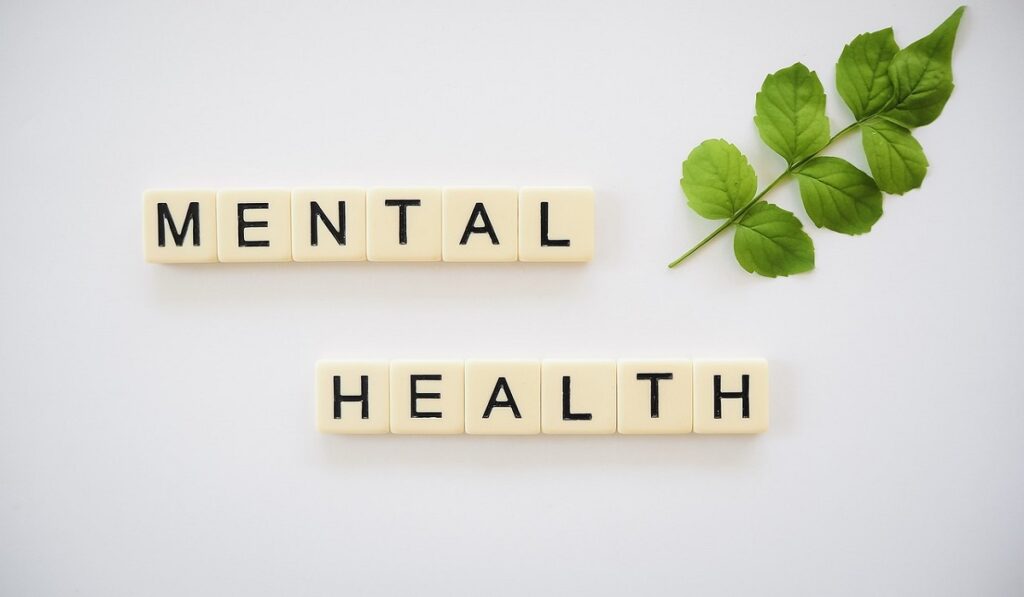The pharmaceutical industry can do more to address serious mental illness (SMIs), and policy changes can encourage greater drug development in this area, according to a report released early this year from the Center for the Evaluation of Value and Risk in Health (CEVR) of the Tufts Medical Center.
This is a very important issue, as treatments are a substantial part of reducing the burden that SMIs impose on the health care system, according to CEVR.
The study released by CEVR therefore recommends the following measures:
- Increased funding: The U.S. government should do more to fund basic research and early clinical trials. Meanwhile, public-private partnerships can also add to the available development funds.
- Increase periods of exclusivity: The regulatory system can give pharmaceutical companies greater incentive to develop new drugs by extending the periods of exclusivity that drugmakers have after releasing an effective treatment. Regulators can also explore innovative approval for trials that indicate effectiveness but fall short of being definitive.
- Dedicate more resources to mental health providers: The health care system needs to invest more resources to help mental health professionals address the shortages in this segment. Some programs in this area, such as Medicaid, need to regulate their medication payments based on the value of mental health for their patients and society.
Serious mental illness increases in the global pandemic
According to a 2020 NSDUH survey, around 6% of the adult population in the United States in 2020 was reportedly living with a serious mental illness. Additionally, 1% were living with schizophrenia, 3% with bipolar disorder, while 6% of the people reported living with major depressive disorders.
The COVID-19 pandemic, which has persisted for more than two years, only exacerbated the situation with mental health illnesses, the report said. In June 2020 there were twice as many reported cases of people considering suicide, compared to the same period in 2018, and the number of people who reported serious psychological distress in 2020 was four times more than the number of people for the same period in 2018, according to the report.




